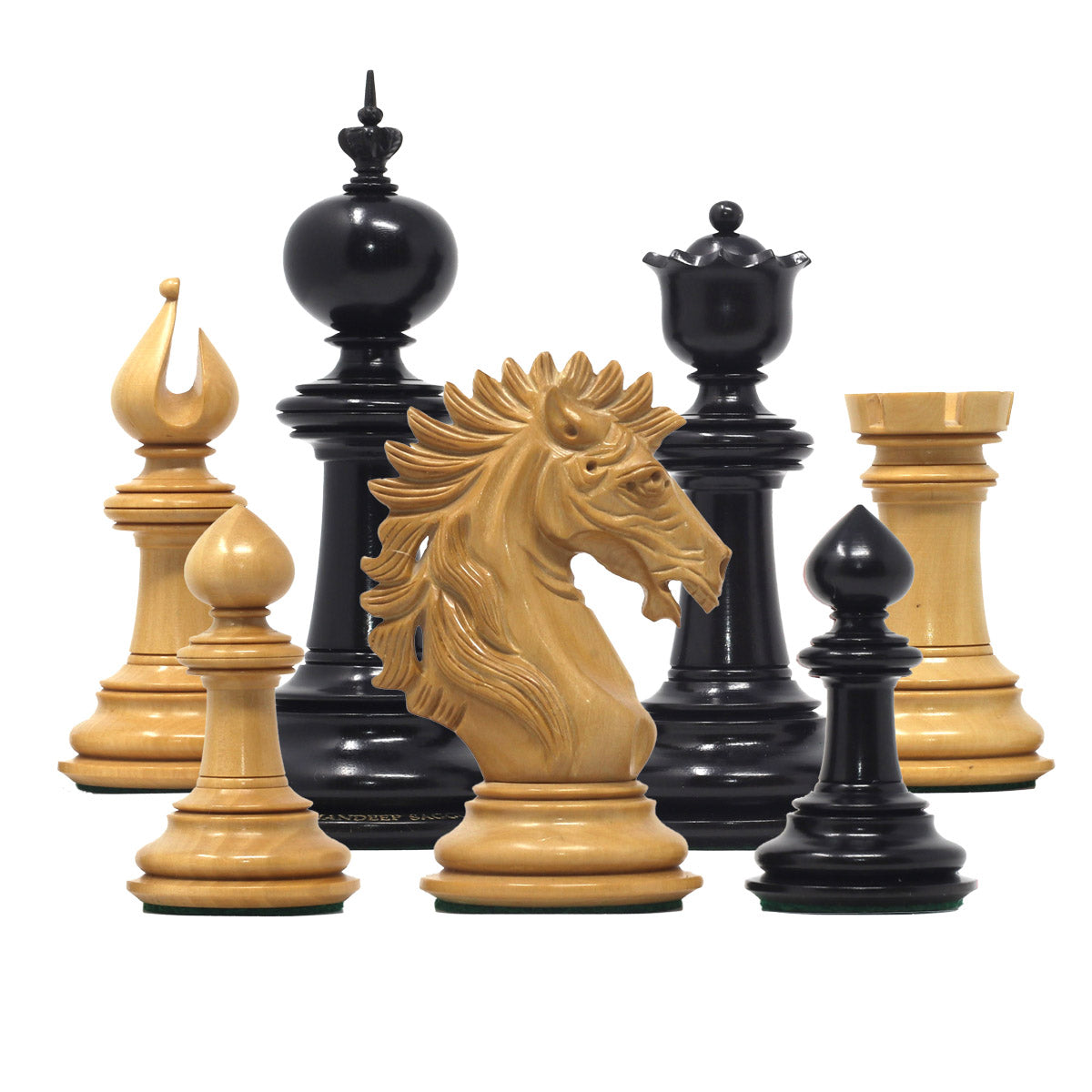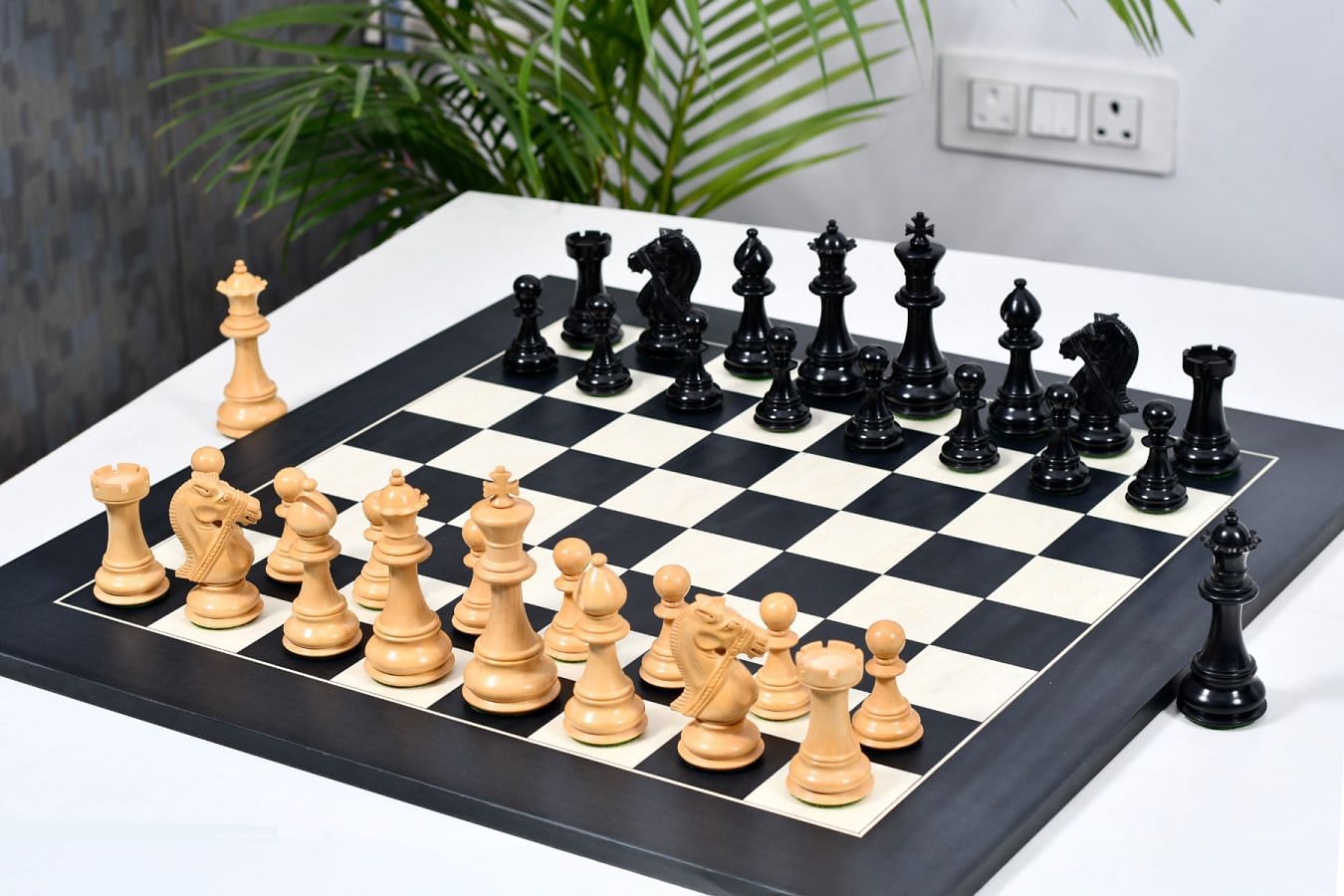Why You Have To Play Chess: The Benefits of Involving in This Timeless Pundit Challenge
Chess is greater than a simple game; it offers as a rigorous psychological exercise that develops different cognitive skills. Gamers involve in critical thinking and establish analytical capacities, which can have enduring benefits in daily life. The technique needed for improvement promotes patience and resilience. The true significance of chess exists not just in its intellectual needs yet in the connections it fosters within a neighborhood. Exploring these measurements reveals much about why chess remains classic.
Enhancing Cognitive Abilities
Playing chess considerably boosts cognitive abilities, making it a valuable task for individuals of any ages. The game needs strategic thinking and insight, calling for players to expect their challenger's moves while formulating a winning technique. This mental exercise hones focus and concentration, crucial components of cognitive function.

Chess urges creativity, motivating players to discover ingenious techniques and non-traditional methods to the video game. As they navigate the chessboard, people establish persistence and resilience, essential characteristics for cognitive growth. In general, the diverse cognitive advantages of chess make it an improving search, promoting lifelong imagination and intellectual involvement.
Enhancing Problem-Solving Talents
Many researches have actually revealed that participating in chess can greatly increase analytic capacities. The video game calls for players to analyze complicated positions and expect the opponent's moves, cultivating essential believing skills. As they browse various circumstances, chess gamers develop the capacity to review several results and make critical decisions under stress. This process enhances their ability to strategy real-life issues with an organized mindset.
Chess promotes the identification of patterns and the application of logical reasoning, abilities that are crucial in effective analytical. Gamers learn to examine risks and benefits, improving their judgment in uncertain situations. The repetitive nature of chess play reinforces these skills, enabling people to transfer their enhanced problem-solving capabilities to academic and specialist contexts. Inevitably, chess functions as a useful device for any person seeking to sharpen their analytical abilities and boost their general cognitive performance in tough scenarios.
Cultivating Perseverance and Technique
While taking part in chess can be an amazing experience, it likewise needs a significant degree of perseverance and technique. Players should find out to very carefully consider each step, weighing possible end results and approaches. This thoughtful approach promotes a way of thinking that values long-term success over instant satisfaction. In chess, hasty decisions usually lead to negative consequences, strengthening the relevance of taking one's time to analyze the board and anticipate an opponent's responses.

Technique is more cultivated via consistent technique and study. Players often devote hours to improving their skills, studying tactics, and assessing past video games. This commitment to understanding the game infuses a sense of obligation and perseverance, crucial characteristics that extend past the chessboard. Ultimately, the mix of persistence and discipline not only enhances a player's chess capabilities yet also adds to individual development, gearing up people with important devices for maneuvering difficulties in numerous elements of life.
Fostering Creative Thinking and Imagination

Strategizing moves involves not just reasoning yet likewise the ability to prepare for an opponent's feedbacks, urging gamers to imagine several pathways and alternatives. As gamers explore different tactics, they learn to introduce and adjust, improving their innovative analytical skills.
Moreover, the video game's intricacy welcomes gamers to discover unusual concepts and techniques, resulting in personal designs of play. This expedition supports a sense of imaginative expression, as each player crafts their own technique to difficulties on the board. Ultimately, chess comes to be a canvas for creative thinking, enabling individuals to reveal their unique viewpoints while establishing their creative capabilities
Structure Social Connections and Community
Playing chess supplies chances for people to network through events and regional chess clubs. These settings promote connections amongst gamers, producing a feeling of area focused around a common enthusiasm. Involving in these tasks not just boosts abilities but additionally develops lasting connections.
Networking Through Tournaments
When participants involve in chess events, they frequently locate themselves immersed Bonuses in a vivid area of similar people. These events give an exceptional platform for players to build connections, share strategies, and celebrate their interest for the game. Participating in pleasant competition promotes camaraderie, as players from diverse histories collaborated to challenge each other. Networking possibilities abound, with numerous participants creating lasting friendships that prolong past the chessboard. Additionally, these competitions commonly bring in sponsors and chess enthusiasts, even more boosting the potential for specialist links. As players engage in discussions regarding tactics and experiences, they build a network that can cause future collaborations and chances within the chess globe and beyond.
Local Chess Clubs

Providing an Enjoyable and Engaging Difficulty
Chess uses a distinctively promoting experience that captivates gamers of all ages, as it combines critical thinking with the thrill of competitors. This ageless game offers a compelling difficulty, encouraging people to assume critically and artistically. Each match unravels as a battle of wits, where players have to expect their opponent's actions while developing their very own techniques.
The intellectual engagement chess supplies is matched by its ability to delight. Players typically locate themselves submersed in the game, shedding track of time as they navigate complex placements and tactical issues (Chess). This heightened emphasis promotes a feeling of achievement, particularly when a hard action leads to triumph
Additionally, chess promotes social communication, enabling gamers to bond over shared experiences and challenges. The video game's endless variations assure that no two sessions are alike, keeping individuals enthusiastic to improve their skills and methods. This vibrant blend of challenge and satisfaction makes chess an irresistible pursuit.
Often Asked Inquiries
Can Chess Be Played Online or face to face?
Chess can be played both click here now online and face to face. Online platforms provide players the comfort of completing versus challengers worldwide, while in-person games promote social interaction and physical visibility, enriching the general experience.
What Age Is Best to Beginning Discovering Chess?
Specialists suggest that kids can start finding out chess as early as age 5 or 6. At this age, they can comprehend fundamental principles, enhancing cognitive skills while fostering a love for the game that lasts a life time.
Exist Chess Tournaments for Beginners?
Yes, there are chess events especially designed for beginners. These occasions give an encouraging atmosphere for newbie gamers to get experience, enhance their skills, and take pleasure in the competitive spirit of chess without facing advanced challengers.
For how long Does It Take to Come To Be Proficient at Chess?
Ending up being efficient at chess usually requires constant practice over numerous months to years. Elements such as specific dedication, previous experience, and study of approaches considerably affect the time required to get to a proficient level.
What Resources Are Offered for Learning Chess Methods?
Numerous resources exist for learning chess methods, consisting of online tutorials, publications by renowned authors, chess applications, and interactive sites. Many players likewise take advantage of joining regional clubs or taking part in on-line discussion forums for real-time insights.